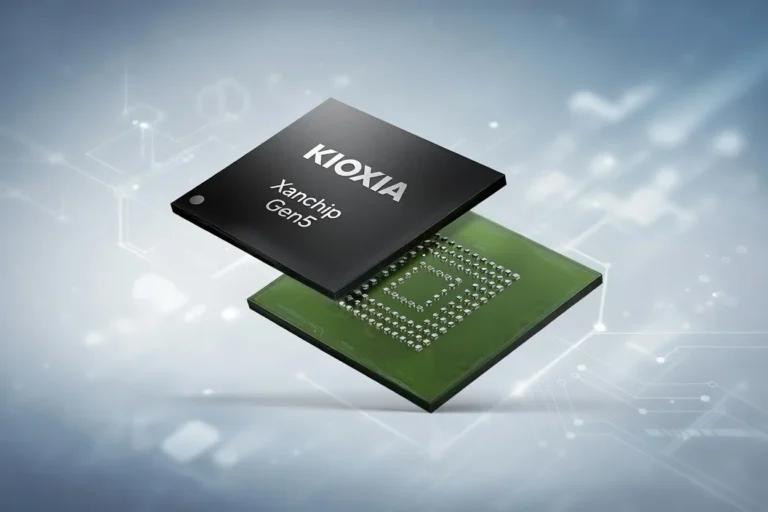
Revolutionizing Cooling: Samsung and Johns Hopkins Advance Peltier Technology for a Greener Future
Samsung Electronics, in collaboration with the Johns Hopkins University Applied Physics Laboratory (APL), published a groundbreaking study in Nature Communications unveiling a next-generation thin-film Peltier cooling device. The research demonstrates efficient, refrigerant-free cooling made possible by advanced nano-engineering—marking a significant leap in sustainable cooling technology.
A Step Beyond the Hybrid Refrigerator
Earlier in 2024, Samsung introduced the Bespoke AI Hybrid Refrigerator, which integrates traditional compressors with Peltier devices—much like a hybrid car switching between power sources. This innovation marked the first major step toward greener cooling. The latest advancement, however, pushes the boundaries further by enhancing Peltier performance through semiconductor innovation.
Samsung Research’s Sungjin Jung and DA Business’s Hajin Jeong discussed how the new technology could reshape home appliance cooling. Unlike conventional vapor compression, which relies on environmentally harmful refrigerants and bulky mechanical parts, Peltier cooling transfers heat using electric current via the Peltier effect—offering precise temperature control and design flexibility.
Global Collaboration Powers Breakthrough
In early 2023, Samsung launched a collaborative effort across its internal teams—DA Business, Samsung Research, and Global Technology Research—aimed at commercializing Peltier technology. The DA team led product development, while Samsung Research focused on boosting device performance and reliability.
A pivotal partnership formed in late 2023 with Johns Hopkins APL, culminating in an eight-month joint project to scale up nano-thin-film Peltier devices from milliwatt to tens-of-watts class—making them viable for appliances.
Samsung’s system design expertise addressed key challenges, such as managing thermal resistance and optimizing heat transfer on both sides of the device. New packaging methods and thermal interface materials (TIMs) led to the successful application of thin-film Peltier devices in refrigerators—achieving a 75% boost in cooling efficiency over traditional Peltier systems.
From Lab to Kitchen: Smarter, Greener Cooling
With the technology proven, the DA Business team is preparing to integrate it into the next generation of hybrid refrigerators. The Bespoke AI Hybrid Refrigerator already intelligently deploys compressors and Peltier modules depending on conditions—using both during high loads, like when storing hot food, and activating the Peltier during defrosting to minimize temperature swings.
This configuration cut power consumption by up to 30% compared to Korea’s highest energy efficiency rating, thanks to optimized internal layout and smarter cooling dynamics. Now, Samsung aims to scale this model globally, even in tropical regions like India.
“Incorporating next-gen Peltier cooling will improve temperature precision and energy savings,” said Jeong.





